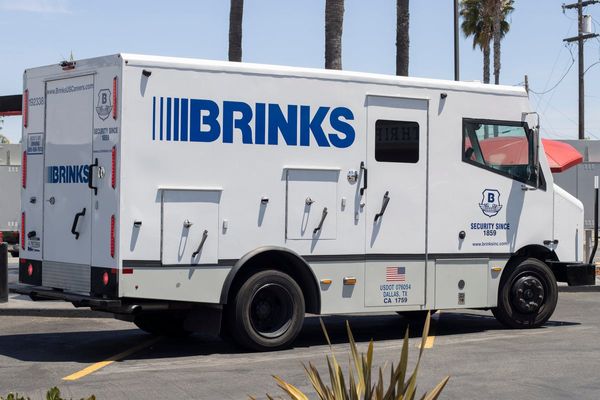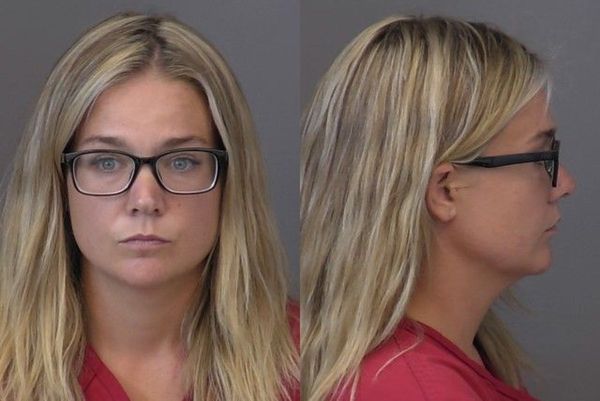With the stock market nearing bear territory, it's more important than ever for retirees to do some retirement planning and collect every dollar they're owed.
If you've worked in Silicon Valley, New York City or other areas where people change jobs frequently, you may have pensions from a couple of companies, dating back 20 to 30 years or more. Did you lose touch with these plans due to moves or email address changes? Or perhaps the companies were acquired or went out of business? Or you may be helping a family member track forgotten benefits.
Time to go on a retirement income treasure hunt. Several groups will help you find pension plans and collect the money you're due.
The $100 Billion Problem
Alas, many folks have forgotten about old pensions or don't know how to dig and thus abandon pensions. "The lost pension problem in the United States could exceed $100 billion," said the John Marshall Law School Review. The group penned a 2004 report titled "Lost Pension Money: Who is Responsible and Who Benefits?"
Congress is well aware of the issue. In the pending legislation (which has passed the House and is headed to the Senate), dubbed Secure 2.0, lawmakers are considering creating "a retirement savings lost and found," said Anna-Marie Tabor, director and managing attorney at Pension Action Center (PAC), McCormack Graduate School at the University of Massachusetts. The lost-and-found could end up being part of the U.S. Department of Labor or Pension Benefit Guarantee Corp. (PBGC).
But retirees can do their own digging. Tabor recommends the following retirement planning steps. First, if you have a pension, also called a defined pension plan, and know the company in charge of it, reach out to them and get the details. Even if you're not retiring yet, stay in touch and keep your address and email information up to date.
Retirement Planning by Hunting Pensions
Second, visit the Department of Labor online where you can get help on collecting from defined pension plans. The site explains that the Social Security Administration many have identified plans that include you. Plus, if you think you had a pension plan from a company that's gone out of business reach out to PBGC, which handles pension plans for 33 million Americans, including plans from bankrupt companies.
Finally, a nonprofit called Pension Rights Center can put you in touch with pension counselors around the U.S. They'll advise you of your legal rights if you feel a pension plan is saying you're not entitled to money you think you're owed.
"There's been a lot of sloppy record keeping over the years at some plans (especially when companies are acquired) and if a parent company says they can't find anything don't take no for an answer," said Tabor. Sometimes, when a plan ceases to exist or a company goes out of business, "they give people the option of taking the money in a lump sum and this can happen before you're 65," Tabor said. But a company "may say an employee took this money, but the employee doesn't agree. Then you'll have to prove you didn't get it and that's very difficult."
Lump Sum or Annuity?
Once you're 65, you'll need to decide how you want to take the pension. Lump sum or a lifetime annuity? And this choice is permanent. Reputable retirement planning advisors should present the pros and cons of both options — they shouldn't push for the lump sum so they can manage the money and earn off it.
Spouses, and ex-spouses who've signed a specific qualified domestic relations order (QDRO), must sign off on the payment choice.
Patrick Stark, director of financial planning at RS Crum Inc. in Newport Beach, Calif., says you'll need to consider many factors. "If you want to access the money and control it, lump sum is a good option — and you'll want a lump sum if you want to leave a specific inheritance," he said. "Life expectancy factors in too. If you have above-average life expectancy chose the annuity, at a lower life expectancy chose the lump sum."
To evaluate the lifetime annuity, look at the pension plan's return. "If your plan is making a good return, then chose the annuity, which can transfer to your spouse if you die," said Stark.







